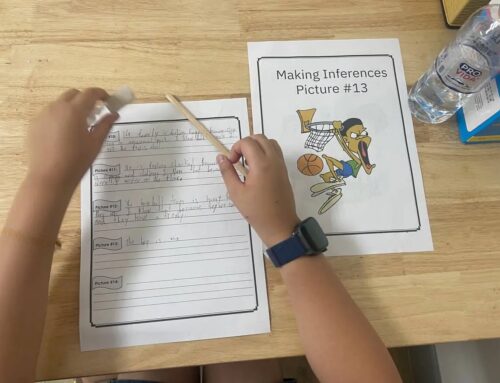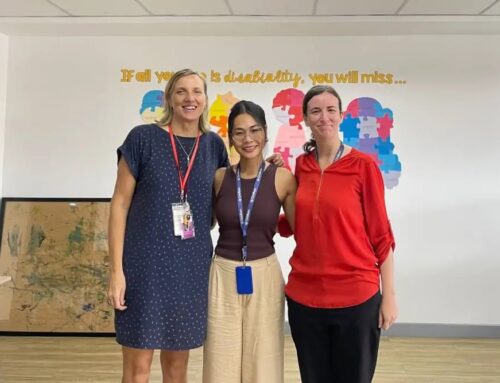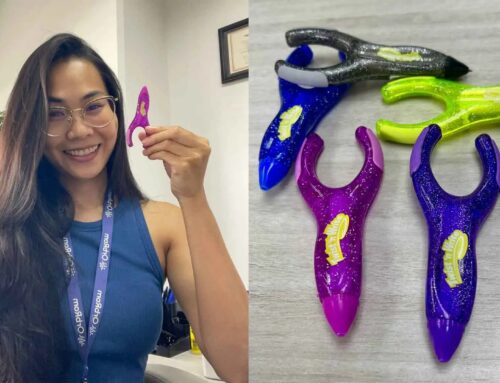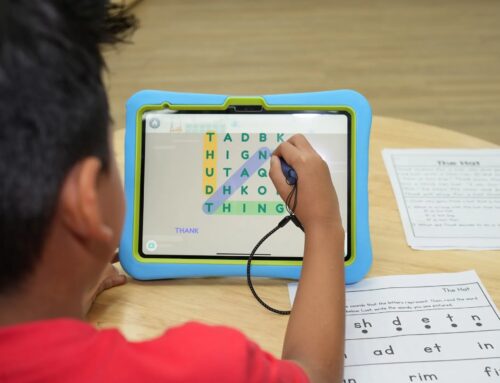[ad_1]
When a child struggles to communicate, everyday life becomes harder—for them and for the family. That’s why speech therapy matters. In Phnom Penh, many parents are unsure whether their child’s late talking, unclear speech, or difficulty following directions is “just a phase” or a sign to seek help. At OrbRom Center in Phnom Penh, we make that decision easier with clear guidance, child-friendly sessions, and home strategies that actually fit into busy routines.
What Speech Therapy Looks Like (And Why It Works)
Effective speech therapy blends play, structure, and evidence-based techniques. A session at OrbRom often includes short, goal-driven activities—sound practice embedded in games, picture-based storytelling, turn-taking tasks, and simple role-plays. This keeps motivation high while targeting specific skills like articulation (pronouncing sounds), receptive language (understanding), expressive language (using words and sentences), and social communication (conversations, eye contact, staying on topic).
Because many Phnom Penh families use multiple languages at home, parents often wonder if bilingualism causes delays. It usually doesn’t. Instead, our therapists look for patterns—Is your child struggling to understand instructions in any language? Are they able to combine words? Do they avoid speaking in groups? A structured plan helps clarify these questions and move from guesswork to growth.
Start with a tailored plan through our Speech Therapy Program. If you’re unsure which skills to prioritize, formal assessments can map strengths, needs, and realistic goals, so therapy time is focused and effective.
Signs Your Child Might Benefit From Speech Therapy
Parents in Phnom Penh often reach out when they notice one or more of these:
-
Late talking or limited vocabulary for age
-
Unclear speech that makes the child hard to understand outside the family
-
Difficulty following directions, especially multi-step tasks
-
Frustration or behavior changes linked to communication challenges
-
Social communication differences, such as limited turn-taking or avoiding peer interaction
If any of these sound familiar, acting early helps. The goal isn’t perfection—it’s progress: clearer speech, smoother conversations, better school participation, and more confidence.
A Phnom Penh-Friendly Routine You Can Start at Home
Therapy works best when families weave small habits into daily life. Here are parent-tested mini-routines that align with our clinic approach:
1) Talk During What You Already Do
Narrate short actions while cooking, bathing, or walking: “Cut apple. Red apple. Big slice. Eat apple.” Pause to let your child try the same words.
2) Use Choice Questions, Not Yes/No
Instead of “Do you want a snack?” try “Banana or yogurt?” Giving two choices naturally encourages speech and reduces frustration. For more everyday ideas, see communication and language.
3) Build Words Into Play
Playdough, blocks, toy cars—each offers simple target words (roll, push, stop, big, more). Pair action + word to cement meaning. Try these ideas from using play to build communication.
4) Model, Then Expand
If your child says “car,” you say “big car,” then “big red car.” This gentle “step up” method grows vocabulary without pressure. Learn why early support matters in importance of early intervention.
5) Celebrate Effort, Not Just Accuracy
Cheer the attempt. Positive feedback keeps kids trying and speeds progress—see why in the power of positive reinforcement.
How OrbRom Center Personalizes Therapy
Every child at OrbRom Center (Phnom Penh) starts with a clear roadmap:
-
Goal Setting – We align therapy goals with daily life: being understood by teachers, asking for help, or joining group play.
-
Evidence-Based Methods – We blend articulation drills with play, visual supports, and language-rich activities.
-
Parent Coaching – You’ll leave sessions with 10-minute home ideas you can actually keep doing.
-
Progress Reviews – Regular check-ins help adjust goals so gains continue steadily.
If sensory needs or attention challenges are present, we coordinate with our Occupational Therapy team to reduce barriers—because calm bodies learn and communicate better.
Common Questions Phnom Penh Parents Ask
“Is my child just shy?”
Shyness is normal; persistent difficulty communicating (even at home) suggests a language or speech need. A short screening can clarify next steps—see our overview of what speech therapy is.
“Will therapy fix pronunciation only?”
Speech therapy targets much more: listening skills, sentence structure, storytelling, social communication, and classroom language (following instructions, answering WH-questions). Explore practical teacher tips in teaching strategies for students with dyslexia—many also support language learners.
“How soon will we see progress?”
It varies by age, goals, and consistency. Families who practice small daily habits tend to see faster gains—proof that teamwork between clinic and home works.
Results You Can Expect
Families commonly report:
-
Clearer speech and fewer communication breakdowns
-
More words and longer sentences
-
Greater confidence with peers and teachers
-
Better emotional expression (“I’m mad,” “I need help,” “I’m scared”)
-
Improved school readiness—listening, following routines, and answering questions
If your child needs deeper evaluation before therapy, our Phnom Penh team can guide you through the right assessments and set a realistic, step-by-step plan.
Ready to Start Speech Therapy in Phnom Penh?
Whether you live near Olympia City or commute from another Phnom Penh neighborhood, OrbRom Center designs therapy around your child’s strengths, culture, and family routines. With a personalized plan, practical homework, and compassionate coaching, speech therapy becomes a pathway to confidence—in the classroom, at home, and in the community.
In short: if you’re wondering whether to wait or to act, start with a conversation. Early, focused support at OrbRom Center in Phnom Penh can turn communication stress into steady, measurable growth.
[ad_2]
Source link






